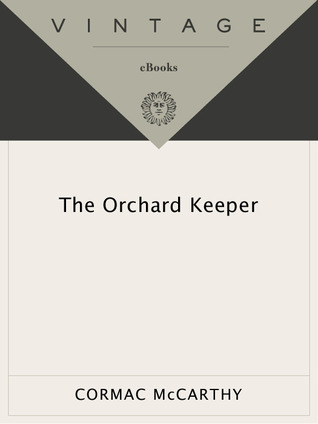More on this book
Community
Kindle Notes & Highlights
Read between
March 29 - April 10, 2024
In the relative cool of the timber stands, possum grapes and muscadine flourish with a cynical fecundity, and the floor of the forest—littered with old mossbacked logs, peopled with toadstools strange and solemn among the ferns and creepers and leaning to show their delicate livercolored gills—has about it a primordial quality, some steamy carboniferous swamp where ancient saurians lurk in feigned sleep.
Between them in the crevice of the seat nestled a mason jar of whiskey. Sylder heard the skirling tin sound of the lid being unscrewed and he reached out his hand for June to pass the jar.
Moths loomed whitely before the windshield, incandesced, dusted the glass with mica.
The old man took a sidepath that led along a spur of the mountain, cutting a spiderstick as he went to clear the way where huge nets were strung tree to tree across the path dew-laden and glinting like strands of drawn glass, bringing them down with a sticky whisper while the spiders fled over the wrecked and dangling floss.
A pair of mockingbirds were pinwheeling through the high limbs of the maples, were still; and then, arriving as if surprised themselves in the greengold heat of the afternoon, the first drops of rain splatted dark on the packed mud below the house. A flat shade undulated across the yard, the road, and climbed the mountain face with an illusion of sudden haste; the rain increased, growing in the distance with the wind and leaching the trees beyond the creek lime-silver.
In the morning the rain had stopped and there was a chill in the air and smoke. He smiled at that, for he was waiting and weathers and seasons were his timepiece now.
Then he was gone, out into the blinding sunshine among the high-shouldered crowds, sped and well-wished by an old man’s smile.
The old man remembered it now with dim regret, and remembered such nights when the air was warm as a breath and the moon no dead thing.
Each winter he came and cut a cedar to serve for wreath and covering, the waxed and ciliate sprigs holding their green well into the spring before the heat blasted them and even then they held their shape, like reproductions in dull copper. It took a year’s weather to fret them into the aromatic humus which steeped in what rainwater the pit held and so rendered in turn a tannic liquor dark as pitchblende by which the old man fancied had long been stained the wormscored bones that lay here. These things he observed, for he was a watcher of the seasons and their work.
They were a whiskey-making family before whiskey-making was illegal, their family history mythical, preliterate and legendary.
up to the field where light in fragile shellpink reefs broke on an unreal world.
I could tell you why—and you stit wouldn’t know. That’s all right. You can set and ast a bunch of idjit questions. But not knowin a thing ain’t never made it not so.
Get older, he said, you don’t need to count. You can read the signs. You can feel it in your ownself.
T he few small windows were glassless but for a jagged side or corner still wedged in the handmade sashes. The roofshakes lay in windrows on the broad loft floors and this house housed only the winds.
To the west a solid sheet of overcast sped the evening on. Already fireflies were about. He put on his shoe and rose and began moving toward the fence, through the wet grass. The workers had gone, leaving behind their wood-dust and chips, the white face of the stump pooling the last light out of the gathering dusk. The sun broke through the final shelf of clouds and bathed for a moment the dripping trees with blood, tinted the stones a diaphanous wash of color, as if the very air had gone to wine. He passed through the gap in the fence, past the torn iron palings and out to the western road,
...more


